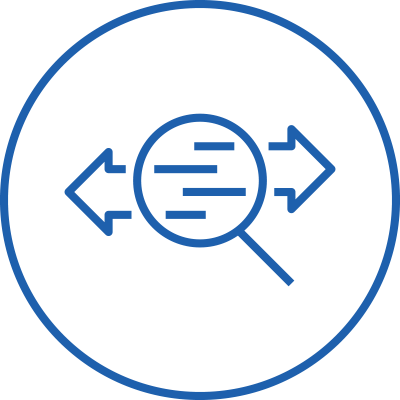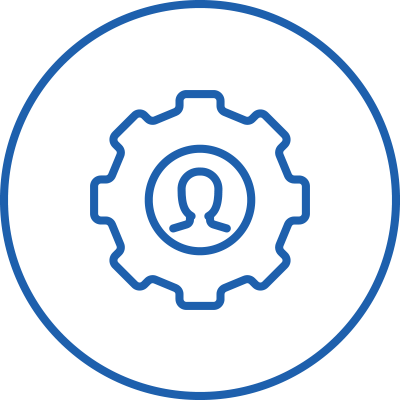HEC Montréal’s commitment

to sustainably manage
a world in transition
The essence of our mission
HEC Montréal has announced that its mission is to “train management leaders who make a responsible contribution to the success of organizations and to the sustainable transition of society.”
This affirmation is accompanied by a realistic commitment to pursue and amplify its role as an agent of change. It aims to establish itself as a pillar of innovative research, a hub for providing support to organizations, as well as a catalyst for the adoption of sustainable practices. To illustrate this approach, HEC Montréal has chosen the hummingbird, a symbol of adaptability and resilience.

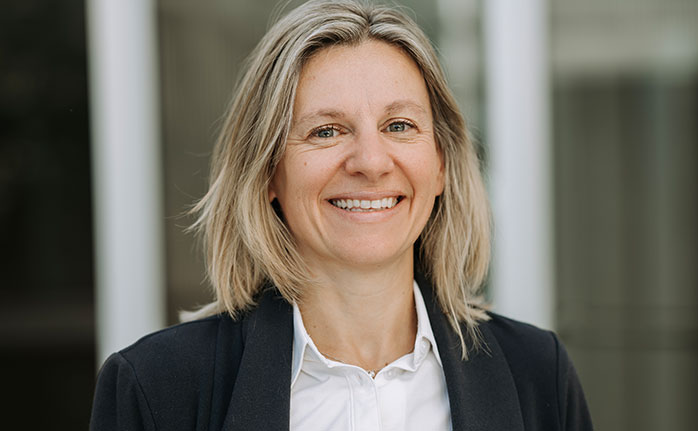
“In the face of sustainability transition challenges, we need to place management science more than ever at the service of creating economic, social and environmental value. We must raise awareness among the people we train and equip them to implement efficient solutions within organizations.”
- Our mission, our vision and our values
.
An office and an action plan to support the school in its commitment
The Sustainable Transition Office (STO) supports all actions taken by the school’s stakeholders relating to sustainable development, corporate social responsibility, and ethics. As a change agent, the STO reaches out to many people to share a global vision of sustainable transition.
HEC Montréal has adopted a 2022-2025 Sustainable Development, Corporate Social Responsibility, and Ethics Action Plan. This plan:
- applies to all activities of the school and the university community as a whole
- defines the operational streams, objectives, actions, and indicators for the next few years
- presents the strategic targets for the school to achieve its updated mission.
A rich, resilient ecosystem
HEC Montréal is the heart and soul of a sustainable development, corporate social responsibility and ethics research, teaching and transfer ecosystem that extends far beyond its campus. The School wishes to strengthen and enhance this ambitious ecosystem so that it reaches its full potential.
.
A few definitions
Sustainable development (SD)
Sustainable development is “development that meets the needs of the present without compromising the ability of future generations to meet their own needs.” (Source: Brundtland Report) It is based on a long-term approach which takes into account the inextricable nature of the environmental, social and economic dimensions of development activities.
Sustainability transition
Sustainability transitions are long-term, multidimensional, and fundamental transformation processes through which established societal systems shift to more sustainable modes of production and consumption. Examples of ongoing sustainability transitions can be found in the food, energy, mobility, and construction sectors, among others. As large-scale societal change processes, sustainability transitions are characterized not only by technological advances and industrial transformation but also by wider social, behavioral, and regulatory change.
Source: Bidmon, C.M. (2023). Transition Sustainability. In Idowu, S.O., Schmidpeter, R., Capaldi, N., Zu, L., Del Baldo, M., Abreu, R. (Eds.), Encyclopedia of Sustainable Management. Springer, Cham.
Ecological transition
The environment and sustainable development are increasingly associated with the concept of ecological transition. Ecological transition looks at the behaviour of individuals and their groups, as well as at their effects on the environment. It refers to the principles and practices implemented toward solving issues regarding local resilience, the circular economy, the reduction of greenhouse gas emissions and the fight against climate change.
Corporate social responsibility (CSR)
Driven by sustainable development, businesses and organizations are now interested in understanding their impact on society beyond the effects of their primary activities. Corporate social responsibility is “the responsibility of an organization for the impacts of its decisions and activities on society and the environment through transparent and ethical behaviour that:
- Contributes to sustainable development, including the health and welfare of society
- Takes into account the expectations of stakeholders
- Is in compliance with applicable laws and consistent with international norms of behaviour
- Is integrated throughout the organization and practised in its relationships”
(Source: ISO 26000)
Organizational ethics
Ethics involves thinking critically about individual and collective preferences, decisions and behaviours. Ethics serves the common good. Organizational ethics is a management field that aims to develop individual and organizational abilities to prevent risks and address ethical issues affecting organizations. It also aims to develop responsible and ethical relations among stakeholders.
Accreditations
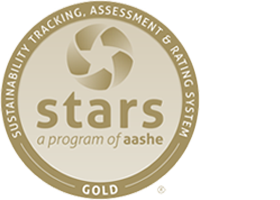
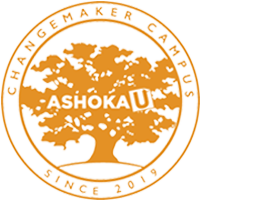
.
To contact the Sustainable Transition Office
Sustainable Transition Office
Côte-Sainte-Catherine building
3000, chemin de la Côte-Sainte-Catherine
Office 3.870 (see floor plan)
Montréal (Quebec) Canada
H3T 2A7


